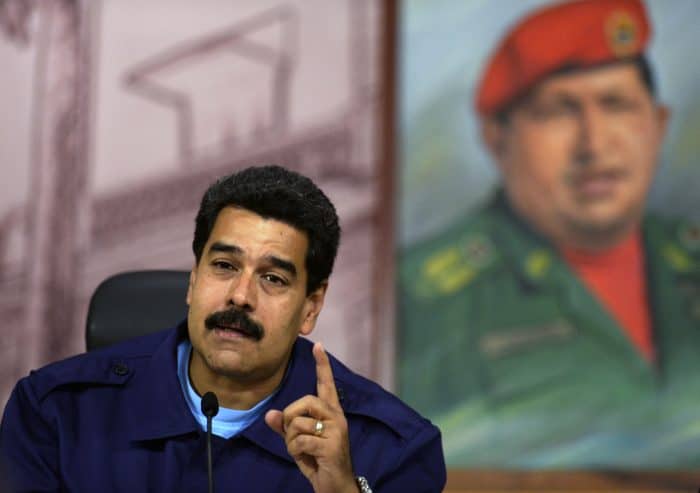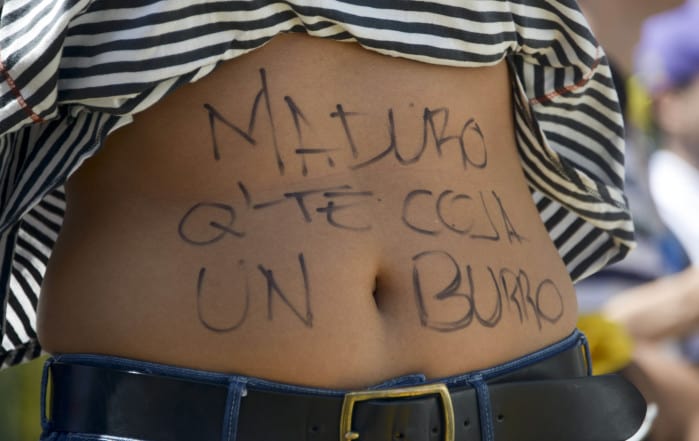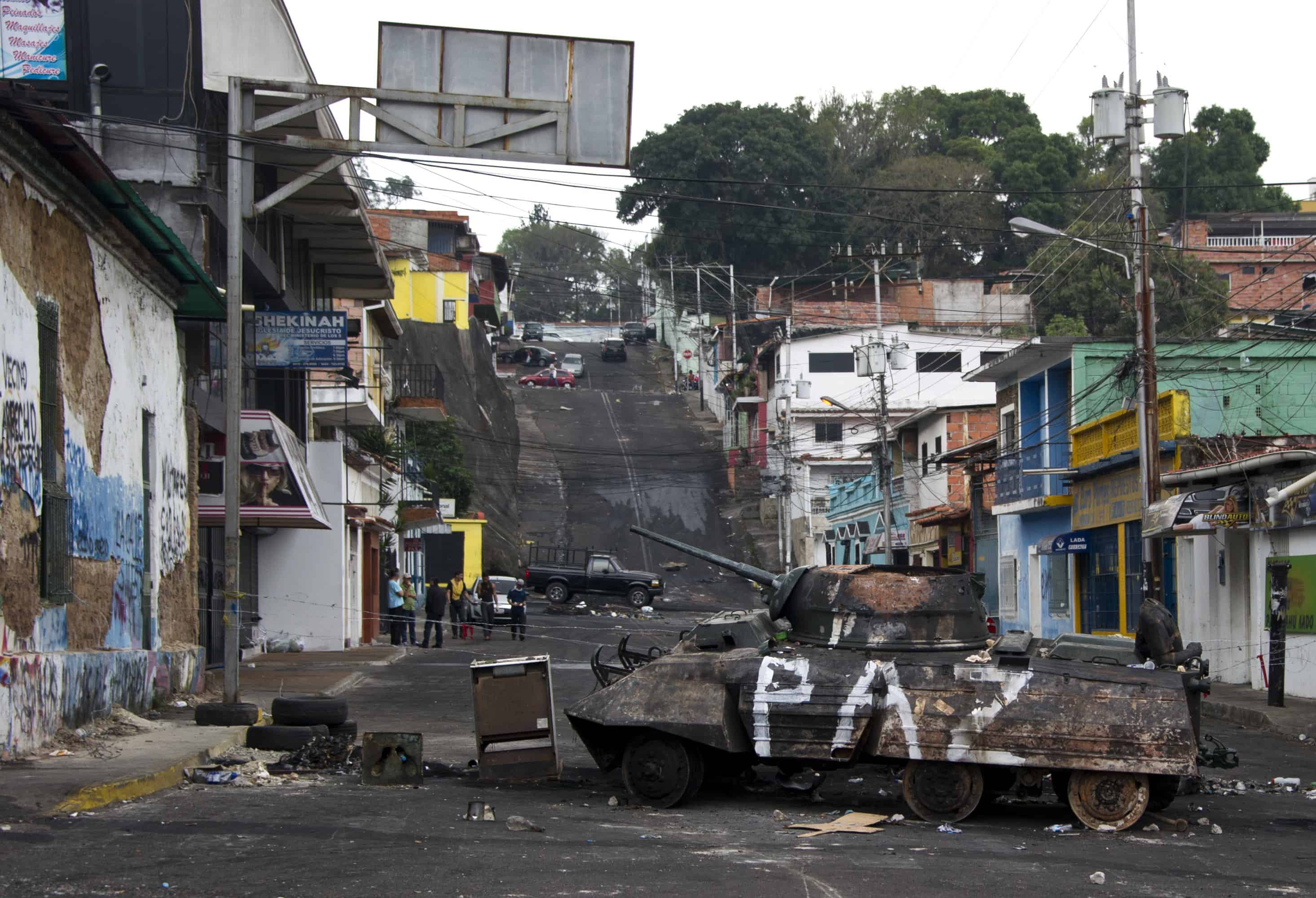CARACAS, Venezuela – The death toll from escalating anti-government protests in Venezuela jumped to eight on Friday, as President Nicolás Maduro’s leftist administration threatened to cut off fuel to areas “under fascist siege.”
Students and the opposition are spearheading a movement that has spiraled into the biggest challenge for Maduro since he was narrowly elected last year after the death of Hugo Chávez, with 137 people wounded and more than 100 detained since the demonstrations broke out this month.
The protesters are agitating against a government that has the world’s largest proven oil reserves, but which has also overseen deteriorating economic conditions, rampant street crime, corruption and increasingly dire job prospects.
The nationwide unrest has spilled into Venezuela’s international relations, with U.S. President Barack Obama calling on the government to address the “legitimate grievances” of its people, while Maduro has threatened to block U.S. broadcaster CNN, accusing the network of inciting “civil war.”
CNN said Friday that several of its journalists working in Venezuela, on both Spanish-language and English-language programs, had seen their press credentials revoked or refused.
#Venezuela revokes CNN's press credentials and asks journalists to leave the country: http://t.co/N4ptbU8aIi
— CNN (@CNN) February 21, 2014
As well as cracking down on foreign and domestic media, Maduro’s government — which blames right-wing infiltrators for fomenting unrest — warned it would cut off gasoline supplies to restless areas.
“We will be obliged to suspend the supply of fuel to areas under fascist siege in order to preserve the security of all,” Oil Minister Rafael Ramírez said on Twitter, in the latest move to squelch more than two weeks of demonstrations that have frequently descended into violence.
Nos veremos obligados a suspender el suministro de combustible en las zonas bajo el asedio fascista a fin de preservar la seguridad de todos
— Rafael Ramírez (@RRamirezVE) February 21, 2014
‘Chilling effect’
Ramírez, who also heads the state oil company, provided no precise details on when or where gasoline supplies could be withheld, but the unrest started in the western state of Tachira in reaction to the attempted rape and robbery of a university student.
There have since been near-daily protests in San Cristobal, the state capital, while four of the eight killed nationwide have been in Caracas – three from gunshot wounds during a huge student and opposition protest on Feb. 12, Attorney General Luisa Ortega said.

In the north-central state of Carabobo, a young beauty queen was shot in the head during opposition protests and a prosecutor died after crashing his car while trying to evade a roadblock set up by protesters.
Investigators also were examining the case of a young man allegedly “raped with a gun” after being arrested in Carabobo’s capital, Valencia, one of the epicenters of the unrest.
Among the injured, 100 are civilians and the rest are from the security forces.
More protests on Saturday
The opposition is planning another major march in the capital on Saturday to demand the disarming of pro-government civilian groups reportedly involved in attacks on demonstrators.
The government has called for a rival rally by “Chavista women” at the same time, raising the specter of more clashes between the two sides.
The United States expressed concern Friday over the jailing of Venezuelan opposition leader Leopoldo López and insisted that any charges against him be handled in an “impartial and transparent” manner.
The Harvard-educated economist, 42, in custody since his arrest Tuesday, has been charged with instigating violence, property damage and criminal association. He was blamed for the fatal shootings on Feb. 12.
#ElQueSeCansaPierde / Mensaje 2 /LT pic.twitter.com/phdQdfcARA
— Leopoldo López (@leopoldolopez) February 21, 2014
“We are concerned about this situation and the legal process moving forward,” Roberta Jacobson, assistant secretary of state for hemispheric affairs, told reporters in Washington.
She emphasized that López had called for a peaceful protest on Feb. 12.
His arrest, she said, appeared to be designed to have a “chilling effect” on the Venezuelan opposition.
“Most important is that any charges brought against him be thoroughly adjudicated, in an impartial and transparent way,” she said.
Venezuela’s relations with Washington, long strained under Chávez, have remained sour and distrustful under Maduro, who has hewed closely to his predecessor’s socialist policies.
Follow developments in Venezuela by clicking on our hashtag, #Bolivarian Revolution







